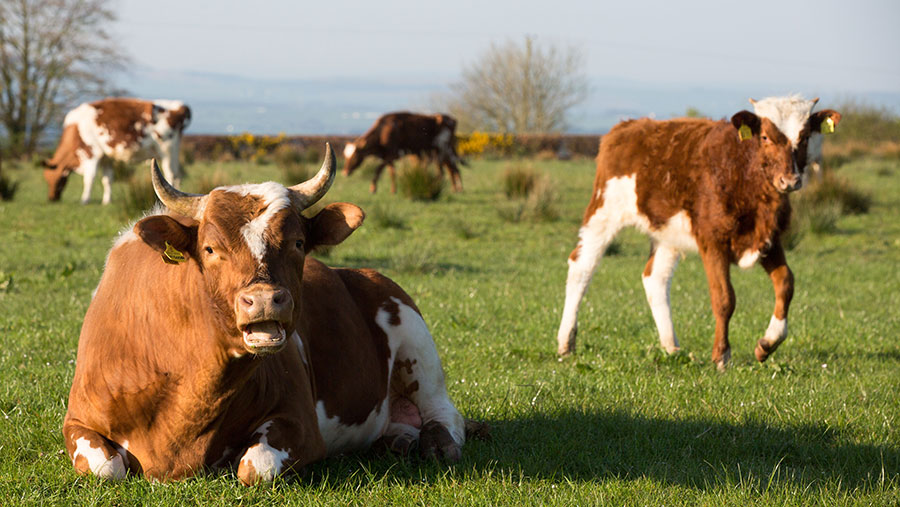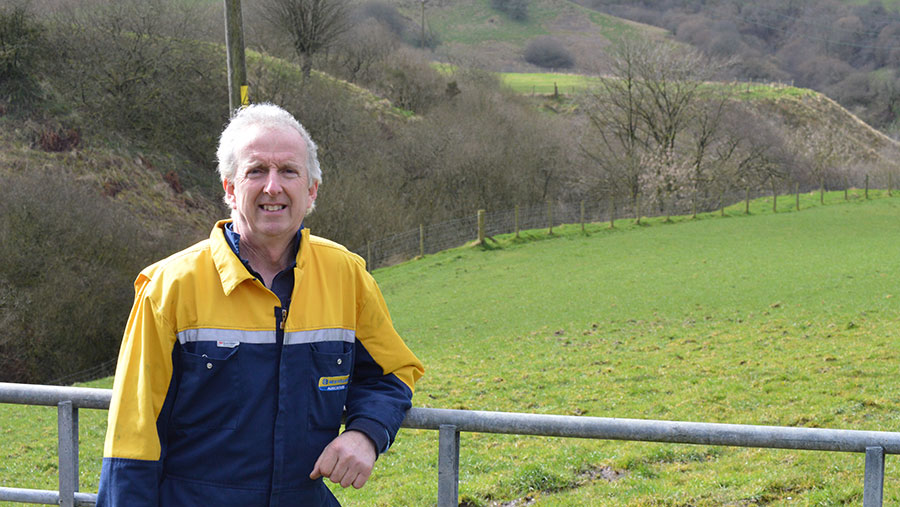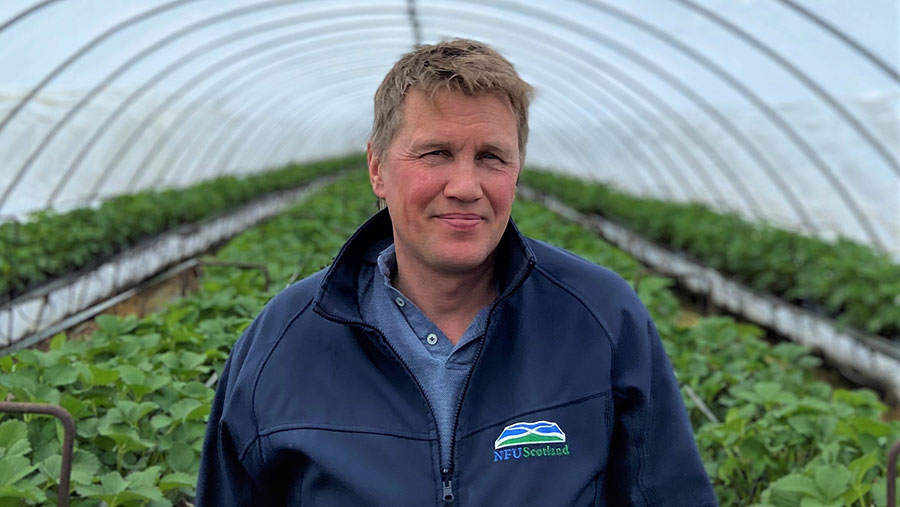Coronavirus: Scottish farmers begin road map to recovery
 © Robert Perry/EPA-EFE/Shutterstock
© Robert Perry/EPA-EFE/Shutterstock As Scotland slowly eases its coronavirus lockdown restrictions, farmers have mapped out their priorities to reset, restart and recover.
NFU Scotland (NFUS) has recognised that Scottish agriculture and all that it underpins will have to change and adapt from “business as usual” to a very new operating environment.
It believes that resetting and restarting as we emerge from the crisis will provide significant opportunities for Scottish farmers, crofters and growers.
See also: Coronavirus: Scottish agritourism can thrive after lockdown, say farmers
All NFUS commodity committees and working groups – combinable crops, livestock, milk, pigs, poultry and specialist crops – have identified the following key steps and actions needed.
Livestock
Scotland’s beef and lamb producers are looking to move to a healthier footing after the pandemic.
The closure of the hospitality sector had a serious effect on the beef market, largely through the loss of sale of steaks and high-value cuts.
NFUS asked retailers to promote Scottish beef, and the Quality Meat Scotland “Make it happen” campaign boosted consumer awareness and helped to fill the void.
Now the union is seeking more action from the Scottish government to enhance rules around country-of-origin labelling.
“While some retailers have consistently supported Scotch beef and lamb, we remain very disappointed that others are not stocking sufficient volumes and we will continue to push them on provenance commitments,” said NFUS Livestock Committee chairman Jimmy Ireland.

Jimmy Ireland © NFUS
Dairy/milk
NFUS Milk Committee chairman Gary Mitchell is encouraging farmers to have their say on the upcoming Defra consultation on milk contracts.
“It is all about the future – not just about a farmer’s milk contract, but about the whole chain, from farmer to processor to retailer and other outlets, and making that chain better,” said Mr Mitchell, who milks cows near Stranraer.
Dairy leaders want to build stronger supply chains; this will include working with processors to minimise any adverse effects on producers and maximise returns to farm businesses.
Greater emphasis will also be placed on export models for Scottish dairy produce and inward investment to increase dairy-processing capacity.
Pigs
A greater commitment from all retailers to stock more Scottish pork is needed to help producers recover from the Covid-19 crisis, NFUS said.
“We have seen Aldi recommit to all Scottish pork in recent weeks, and we would want to see others do the same,” said NFUS Pigs Working Group chairman Jamie Wyllie.
With panic buying now over, the union wants to work with retailers to widen their range to help carcass balance and reduce reliance on imports.
“Securing increased sales would be complemented by a new marketing push for the Specially Selected Scottish Pork brand,” added Mr Wyllie.
Other priorities include ensuring that abattoirs and processing facilities continue to stay open and operate, and grant support to allow new investment in buildings that improve the environment and welfare.
Poultry
Scotland’s egg and poultry producers are coming out of the Covid-19 crisis relatively unscathed after playing a positive part in the nation’s response.
Fears that the closure of the hospitality and catering sectors would have a huge effect proved to be unfounded.
“We are coming through lockdown with egg sales up by more than 30% and a significant shortage of supplies at all levels, including supermarkets,” said NFUS Poultry Working Group chairman Robert Thomson.
Poultry producers also geared up to the challenge, with plentiful supplies of fresh chicken and poultrymeat.
Now the biggest concern is imports coming in again and undercutting the good value of Scottish chicken, produced to the highest standards.
NFUS wants continued retailer support for Scottish eggs and poultrymeat, fairer supply chains and a rethink of cage-free pledges from retailers.
Combinable crops
Serious questions remain over whether the UK government can agree a Brexit deal with the EU before the end of 2020 – in time to prevent leaving with no deal and big tariffs on UK grain exports to Europe.
“If UK tariffs are set lower, as has been set out for some cereal products, that would put us at a real disadvantage,” said NFUS Combinable Crops Committee chairman Willie Thomson.
NFUS has been talking to Scottish rural economy secretary Fergus Ewing about the need for fair treatment in future policymaking and support schemes.
The Scottish government’s classification of whisky distilling as non-essential has slowed production, the union said.
But it has been pressing the government to ease constraints on distilling as soon as possible to allow processors to catch up on delayed production and prevent backlogs at harvest.
Specialist crops
NFUS is lobbying the UK government to introduce a permanent seasonal worker scheme in 2021, with a quota for 70,000+ workers.
Seasonal and permanent workers must be able to come to the UK when the EU transition comes to an end in December, NFUS Horticulture Committee chairman James Porter said.

James Porter © NFUS
“Horticulture requires this workforce, and without help from our friends from the East, we won’t be able to navigate our way through these stormy times,” he added.
